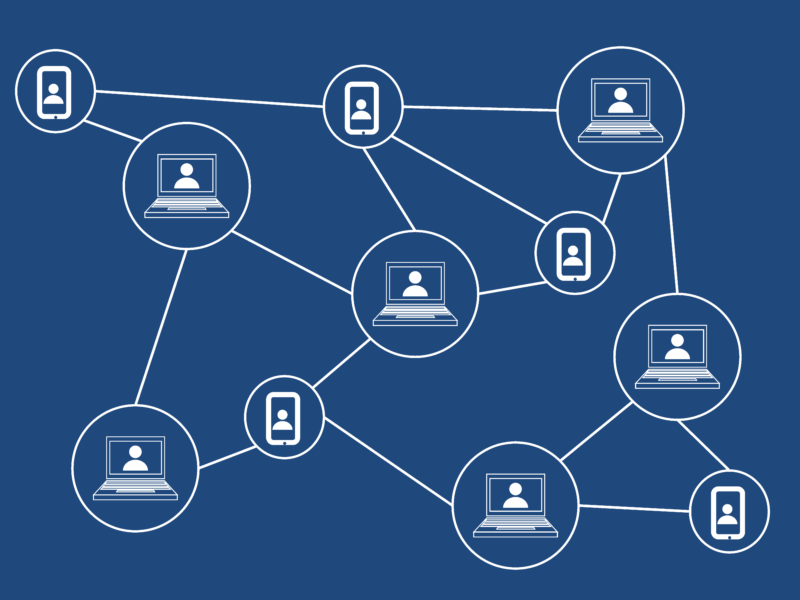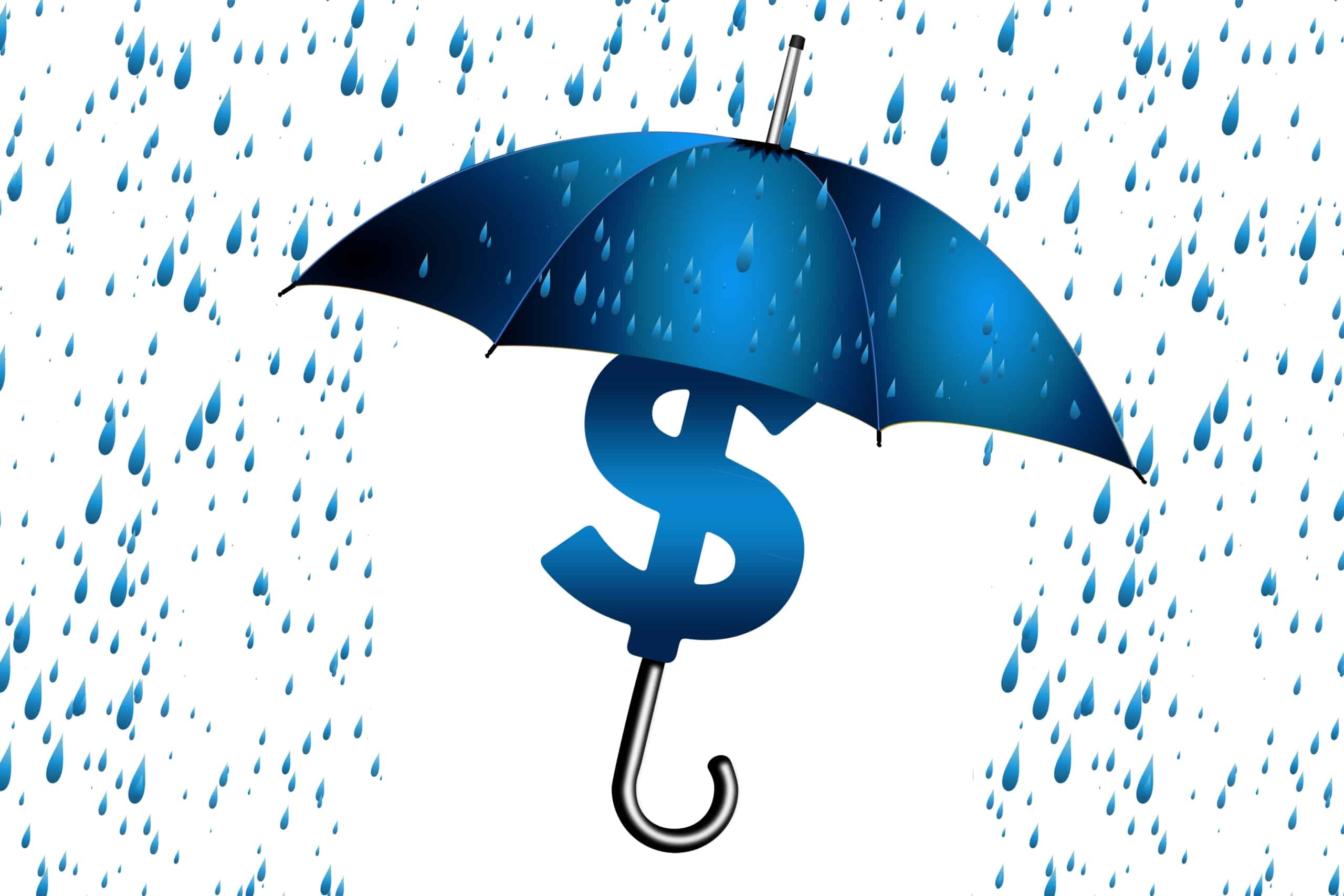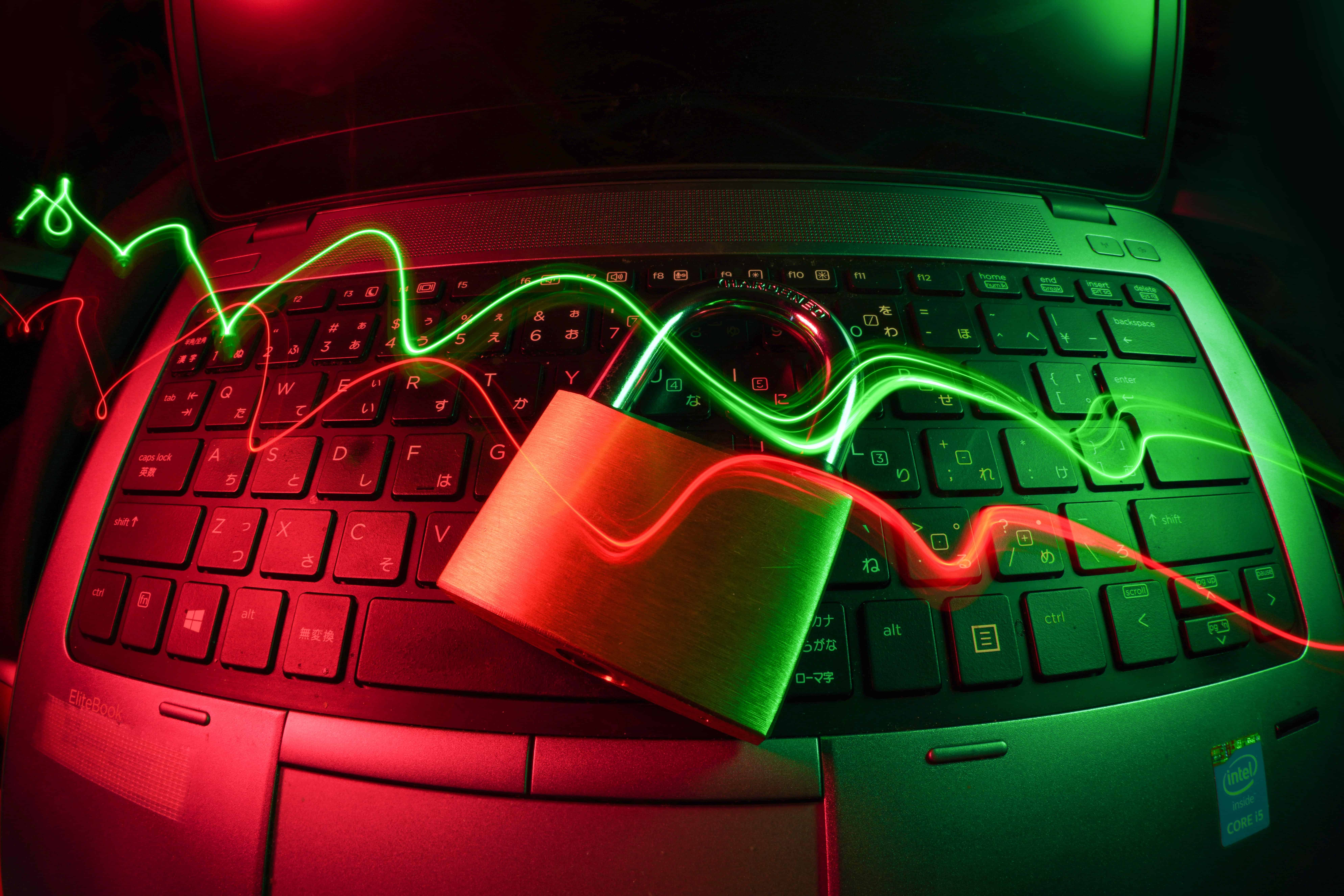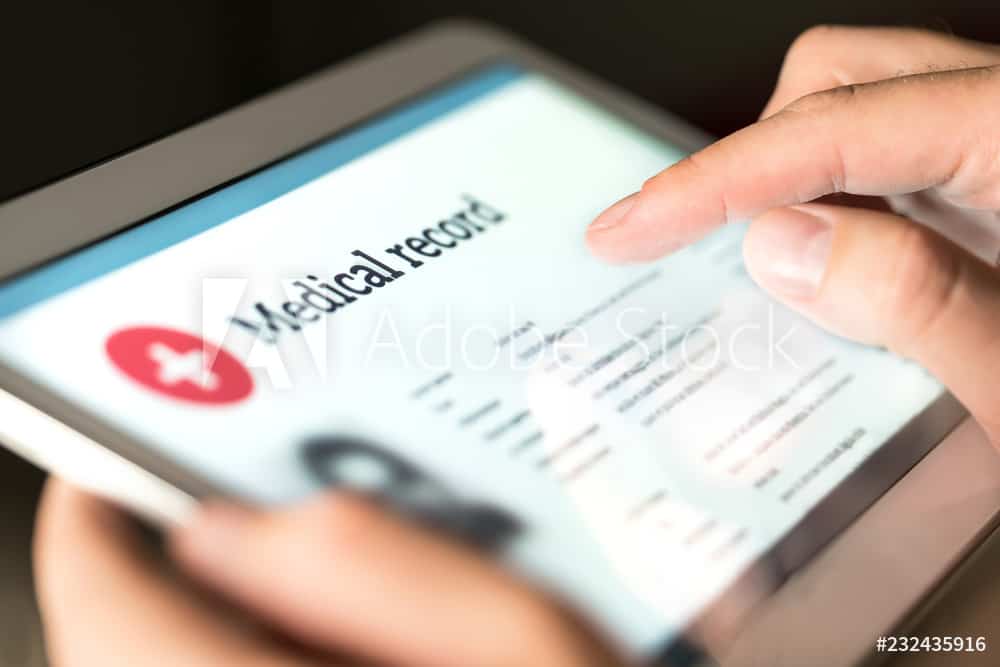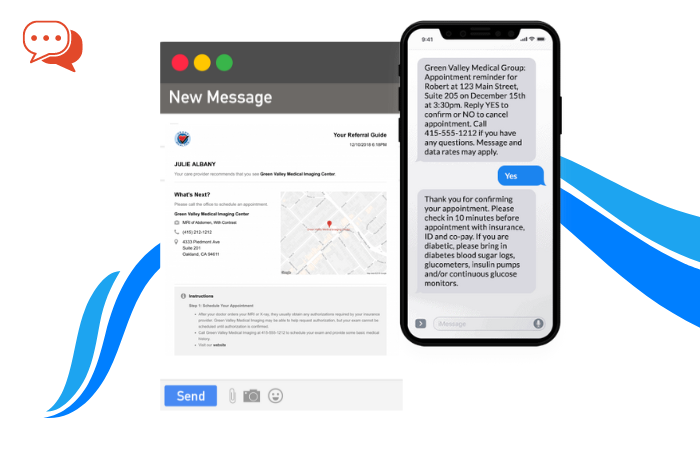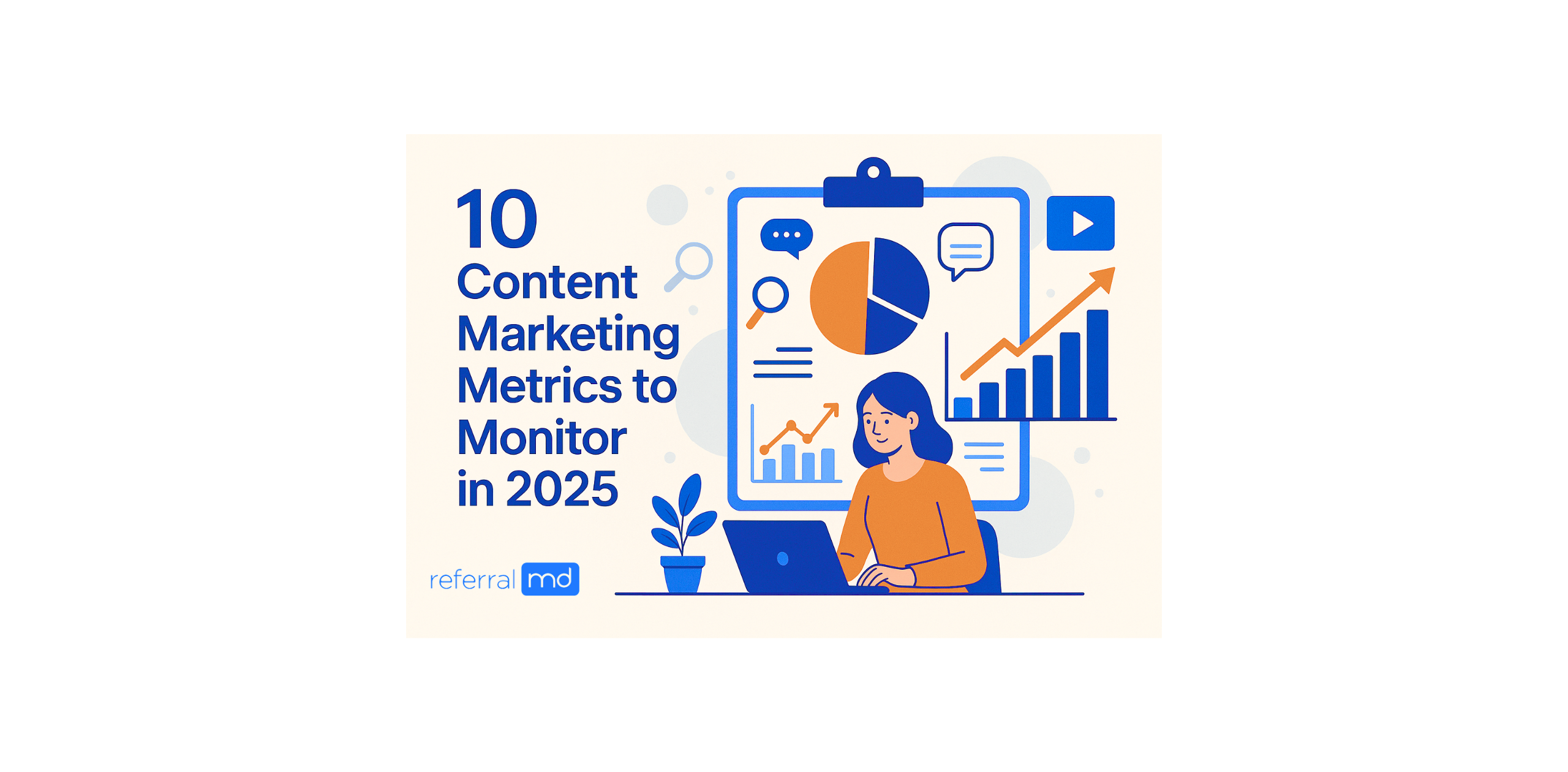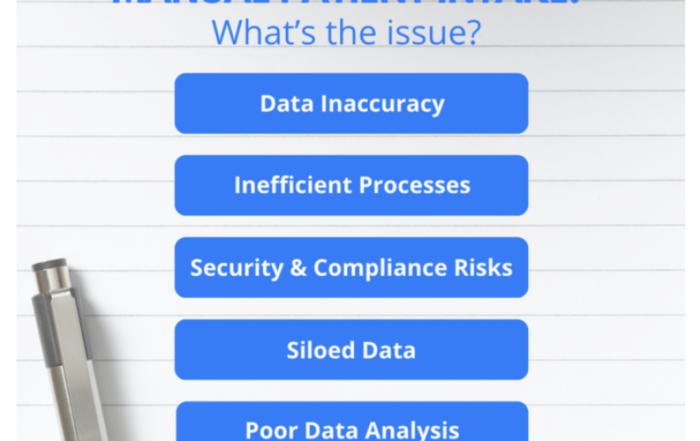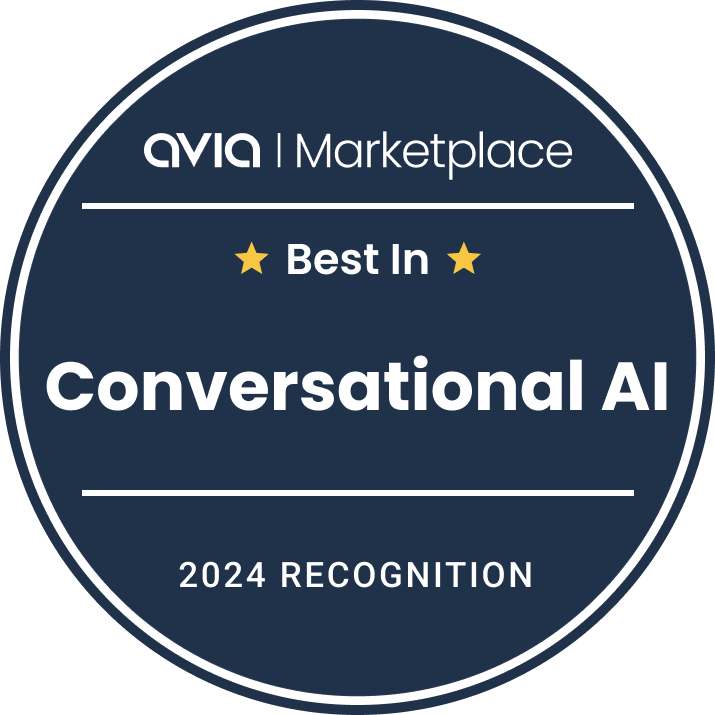By now, you have probably at least heard of Bitcoin and its underlying tech – blockchain. How well you understand these concepts depends on what you have heard about them. If you’re in the healthcare industry, you might not even think that it’s relevant to you. You might think it’s just a trend or popular hashtag. The blockchain industry has a lot more to offer than just Bitcoin. In fact, this cryptocurrency is not anywhere near the most advanced incarnations of this tech. By today’s standards, it’s actually pretty outdated. So what is the relationship between blockchain and healthcare?
The creator of the tech, Satoshi Nakamoto, initially released it as open-source software. The code is freely available to use in other applications, even commercial ones. This, in turn, means that it has been turned to several different uses.
It’s a tech that has created quite a stir – around one-third of C-level executives have either started using it in their businesses or consider to do so. This figure is set to increase even more in 2019. In 2017, the tech burst onto the world stage. It had been around since 2008 but was a relatively obscure concept not well-known outside the IT industry.
In 2018, we saw a lot of blockchain-based apps moving from the development to the implementation stage. This year, the apps will only continue to evolve. If you want to understand how the tech works, Richie Etwaru explains it perfectly in this Ted Talk video:
[youtube https://www.youtube.com/watch?v=k53LUZxUF50]What is the Big Deal About Blockchain?
Now that you understand a little about the blockchain’s history let’s look at why it’s such a big deal.
First and foremost, blockchain technology runs on a system of peer-to-peer authorized transactions. Whether it’s a record being added or currencies being sent out, everything is recorded on the chain’s digital ledger.
The ledger is duplicated many times over on computers within the network. This essentially means that the database is more secure because it is stored across various machines.
Add to this fact that the data cannot be deleted once it has been added, and you have the safest online storing system available at the moment. Some version of the chain will always exist unless every single computer on the network is destroyed or drops out.
So, the big deal about blockchain is that it has created a whole new way of storing data and processing transactions.
What Does Blockchain have to do with Healthcare?

Photo by National Cancer Institute on Unsplash
Now that you understand why blockchain is a big deal let’s look at what it might bring to the healthcare industry.
Better Data Storage and Accuracy
As the number of patients continues to increase over time, it becomes a lot more difficult to manage their medical history and information. This is set to increase data storage costs and difficulty in retrieving pertinent information.
With blockchain tech, a centralized database can be easily maintained. This centralized system would make it possible for individual healthcare providers to share the costs of storage with other users on the same network.
All you need is a computer connected to the network. All the nodes within the network would support the data on the system, so the companies would be responsible for sharing the maintenance costs.
Larger providers using the system would be able to rent spare capacity to other providers if they needed more space.
A Secure Means of Sharing Data
The other big advantage of such a shared system is that all the data is available quickly and easily. So, if someone walks into an emergency room in Spain while on holiday, all the doctor needs to do is log in to the system.
She would then be able to access the patient records quickly and effectively. There would be no searching around for the patient’s doctor and no hoping that they would be in the office. The records could be called up in seconds.
The time saved could mean the difference between life and death for a patient.
There is a benefit for patients as well. The system could be programmed to check for drug interactions. If you’re being prescribed something to help you sleep, for example, the system could ensure that you’re not taking contraindicated medicines.
Imagine having a complete record of every single ailment, doctor visit, and so on. It’s inconceivable now unless you go to the same doctor all your life. With a blockchain record, it wouldn’t matter if you switched doctors.
Better Control Over Prescriptions
The same central record could prove very helpful in curbing the abuse of prescription medicines. At present, patients can go to several doctors to get new prescriptions. They can also change up pharmacies as often as they like.
That makes it very difficult to stop those who are abusing prescription medication. A centralized data source would help cut this problem off at the knees. Your doctor or pharmacist could see at a glance when you last filled a prescription anywhere.
It would also help to weed out pharmacists or doctors who are careless when writing or filling prescriptions. If they don’t do their due diligence, there will be a traceable data trail that anyone could follow.
It could also make life easier for patients. Say, for example, that you’re away on holiday and you run out of medication. Any pharmacist that subscribed to the centralized system would be able to call up your prescription quickly.
There would be no need to worry about what medication it is and what doses to take. It would all be in the central record.
The Data is Tamper-Proof
Once the data has been recorded on the system, it’s there permanently. It cannot be altered or tampered with. This makes it possible for legitimate providers to build trust with their clients.
If, for example, you’re running a clinical trial, you could record the results on the chain. After this, there is no tampering with the results. Greg Irving and John Holden found in their 2017 study that blockchain tech could be used to confirm the integrity of results in clinical trials.
While they later retracted results because of concerns raised over the methodology used, it proved that blockchain could assist in this area. You could, in theory, check the data recorded at any time during the trials.
That would help to reduce outcome switching, selective publication, and dredging of results at a later stage. Anyone would be able to confirm the validity of the data at any stage of the process and data could not be altered later.
Better Supply Chain Management

Photo by CHUTTERSNAP on Unsplash
Another area where blockchain could prove useful is the supply chain. It will assist companies to track their raw materials and supplies every step along the way. Clients could track the information too. This also helps to improve trust between parties.
It could also help to stem the trade in counterfeit drugs. At present, there are a number of different counterfeit drugs on the market. It’s a multi-billion-dollar industry. Better data management of the supply chain could make it harder to pass off fake drugs.
With every step of the manufacturing and distribution process becoming easy to establish, counterfeiters will soon be sniffed out.
Better System Security

Data in the system is also more secure. Hacking a blockchain is extremely difficult. If you create a private blockchain and allow only authorized providers to access it, data can be more effectively secured.
Why is the data more secure? Because of the way the data is processed. It is thoroughly vetted before being added to the system. The most popular method of verification at the moment is the proof-of-work method.
With this method, the data submitted is heavily encrypted. During the verification process, computers on the system need to verify it by solving a complex equation. Once the solution is found, at least 51% of the nodes on the network would have to agree that it is correct.
If, and only if, a consensus is reached that the information is correct, it will be added to the network. It is difficult for a hacker to get around this kind of system. If she wanted to, she would have to gain control over at least 51% of the computers on the network.
On the downside, this method of verification would be logistically difficult. This is something that we saw with Bitcoin. When the network was still small, the transaction processing was easy.
Now that Bitcoin is all grown up, however, the system has become so bloated that data verification has become an energy-intensive process. This has made it less profitable for miners, and so many of them shut down their mining machines.
There are other ways to verify data, such as proof-of-stake, but this system has serious challenges as well.
An Easier Way to Process Claims
The Ethereum blockchain allows you to create a smart contract. These contracts execute automatically as soon as specific criteria are met. This could prove useful when it comes to settling claims with medical aid.
We’re not quite at the point yet where you submit a claim and automatically get paid, but that could be a possibility in the near future. That said, even without the smart contracts in place, blockchain tech could still be helpful.
Transactions through the system could be processed faster and less expensively. This is because they don’t need to go through a bank or other financial institution first.
Clients who wish to pay their bills in cash and then claim back from their medical insurance would also benefit. The insurance company would be able to verify claims quickly and easily.
Confirming Credentials
Another area that can prove difficult in the medical industry is confirming credentials. It’s conceivable in future that exam results and qualifications could be posted on a blockchain network. This would make it easier for those hiring medical health professionals to confirm that the person they are hiring is properly qualified.
It could also assist those who wish to practice outside of their home country. A simple system that allows credentials to be confirmed in this manner could make it easier for qualifications to be recognized internationally.
The Internet of Things
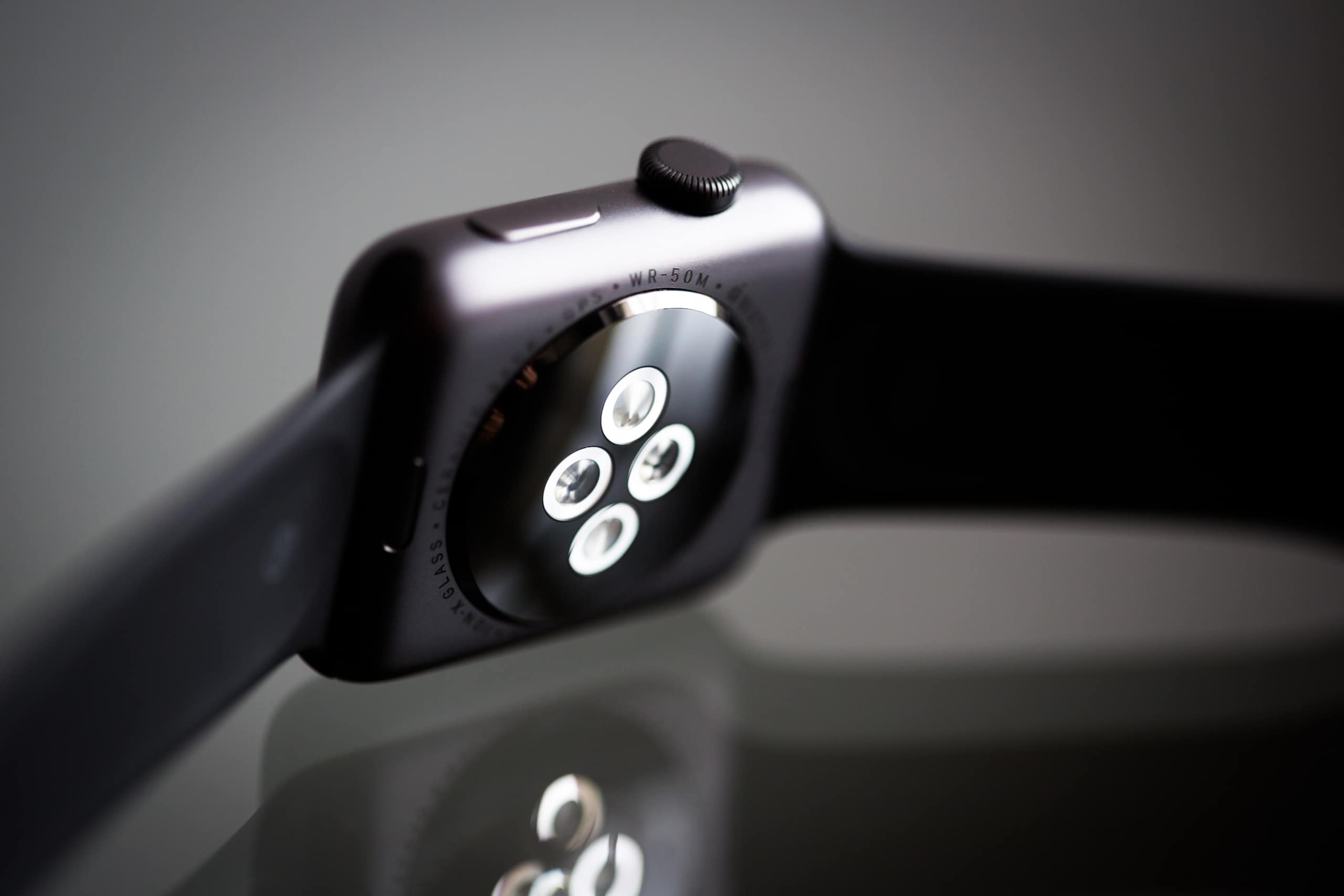
Photo by on Pexels
Imagine this scenario. A medical device is hooked up to a patient, say to record her blood pressure throughout the day. Those results are then transmitted through to the patient’s doctor. If another doctor needs access to the records, they’ll need to speak to the primary caregiver.
With the Internet of Things fast becoming a reality, anyone with the appropriate access to the system would be able to access the information easily. So, if the patient needs to go to a specialist or she ends up in a hospital, the information will be simple to get a hold of.
Symptom Checker

Photo by on Pexels
Here we’re not talking about basic online symptom checker. We’re talking about a system that has the capacity to go through millions of records and find a match to specific symptoms your patient is experiencing. With artificial intelligence and the capacity of the blockchain tech, such a solution might be closer than you think.
With this tech in place, insurance quotes can be based on real-time data instead of tables drawn up by actuaries. What this means essentially is that risk can be more easily determined.
The same can be said of medical records. AI could whizz through the records in no time, allowing for a faster and more accurate diagnosis. This could be especially beneficial for those suffering from rare diseases.
Easier Access to Research Information
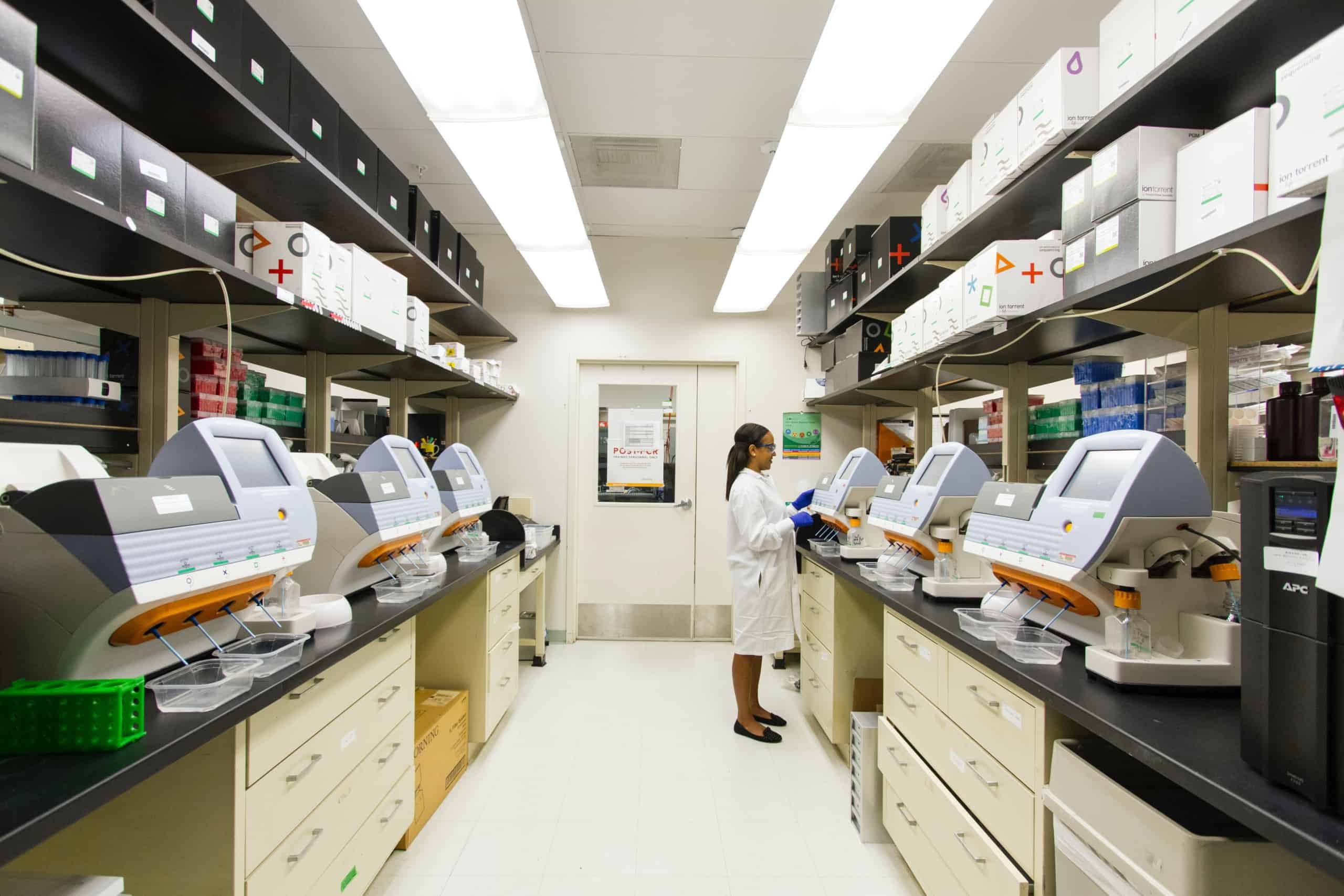
Photo by National Cancer Institute on Unsplash
Another benefit that has not yet been fully explored is how this technology could be used to allow easier access to research information.
We’ve already spoken about how it could be used to ensure the integrity of results. Now let’s look at it from a different angle. Medical healthcare professionals would have access to numerous clinical studies and trials in one place. While we can, at the moment, search online for these results, you do end up with a lot of duplicate studies.
Instead of scrolling through webpages trying to find the information you’re looking for, you could narrow the parameters as much as you like to improve potential results. The system could easily be used to create an easy and secure method for researchers to share information. Collaborative research could become easier as a result.
More Reliable Access to Systems

Photo by on Pexels
We’ve all had to deal with that sinking feeling when our computers are offline. It can be a serious issue, especially if you’re using cloud services. If the service provider’s servers go offline, you’re left high and dry.
With a blockchain-based system, however, the probability of this happening is next to impossible. Even if 75% of the computers on the network went dark, it could continue to function. That, in turn, means that server downtime could become a thing of the past.
Final Notes
When you think of blockchain, you don’t automatically think of the healthcare industry. They seem like two very disparate notions at first glance. When you consider what the potential applications of the underlying blockchain architecture are, though, the benefits are more apparent.
Will blockchain-based apps be taking over the healthcare industry anytime soon? At present, there are a number of companies working on apps that make administration a lot easier. We’re not quite at the stage where we have one global network yet, but it’s not inconceivable that this could happen one day. We don’t know when, but it could happen.
One thing that is sure, though, is that this technology has the power to alter the healthcare industry irrevocably. It is a way for the industry, in general, to claw back some credibility in the eyes of jaded consumers.
Companies will be able to start providing real proof that the claims they made about results are valid. Clients will also be able to trace the supply lines from start to finish.
If those were the only potential benefits, it would be pretty impressive. As it stands, though, the tech has the potential to go a lot further. Who knows what kind of new applications will be developed in the future.
Watch this space – the potential is almost limitless.
